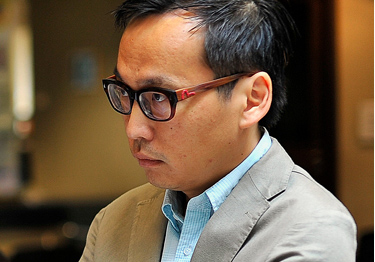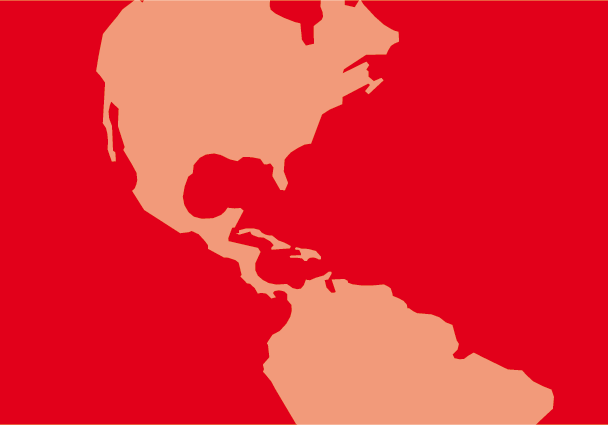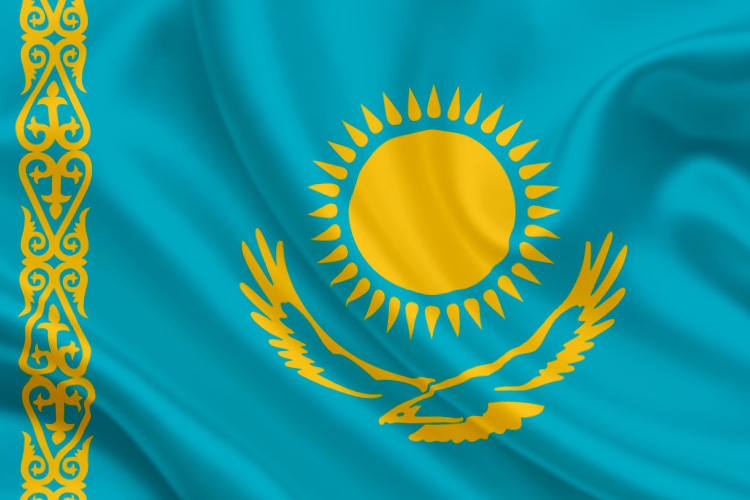
Sep 30, 2019 | Agendas, Events, Uncategorized
Today, in the framework of the EU funded project “Enhancing legal protection of migrants rights in Kazakhstan”, the Legal and Policy Resource Center (LPRC) and the ICJ began a series of three trainings linked to this issue for lawyers and civil society organizations.
Three two-day trainings on “International and national Law on the protection of migrants in legal practice” will take place from 30 September to 5 October in Nur-Sultan, Shymkent and Almaty.
The trainings will address international and national law and standards relevant to the protection of the rights of migrants, including in situations of expulsion and detention, as well as with regard to the respect, protection and fulfilment of their economic, social and cultural rights.
During the trainings, 100 attorneys and lawyers of non-governmental organizations from 10 regions of Kazakhstan will be trained.
Kazakhstan-Training-Agenda-MigrationIHRL-NurSultan-2019-engrus (download the agenda of the Nur Sultan training in Russian and English)
Kazakhstan-Training-Agenda-MigrationIHRL-Shymkent-2019-engrus (download the agenda of the Shymkent training in Russian and English)
Kazakhstan-Training-Agenda-MigrationIHRL-Almaty-2019-engrus (download the agenda of the Almaty training in Russian and English)
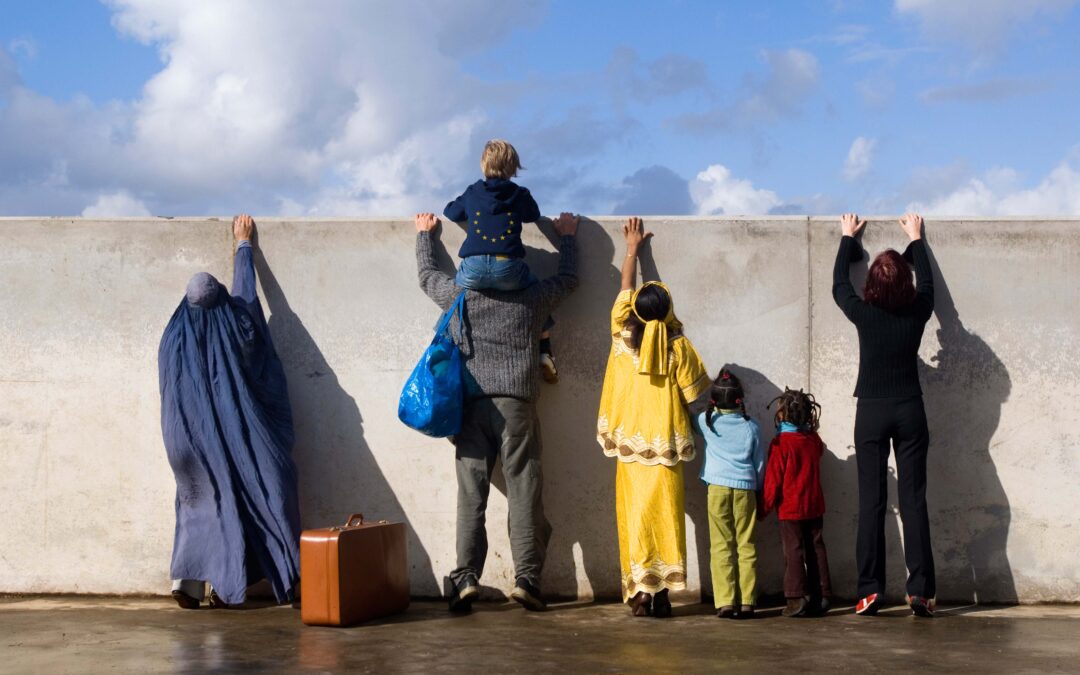
Feb 28, 2018 | Uncategorized
The ICJ together with 22 civil society organisations and UN agencies call on EU decision makers in a joint statement not to use coercion against children in order to obtain fingerprints and other biometric data.
The new EURODAC proposal currently being considered by the European Commission, Council and Parliament expands the purpose of the current database of asylum applicants to facilitate the identification of “irregularly staying third country nationals” through the use of biometric data and it lowers the age at which a child must be registered from 14 to six.
The European institutions are discussing allowing national authorities to use coercion to obtain fingerprints and facial images of children.
The identification and registration of children contributes to their protection within and across borders.
This must be done in a child-sensitive and child protective manner and the best interests of the child must be a primary consideration in such matters, in accordance with Article 3 of the Convention on the Rights of the Child.
Coercion of children in any manner or form in the context of migration related procedures, violates children’s rights, which EU Member States committed to respect and uphold.
All children, no matter their age, should be exempted from all forms of coercion in the EURODAC Regulation, in full compliance with the UN Convention on the Rights of the Child.
The UN Convention on the Rights of the Child (UN CRC) states that every person below the age of eighteen years is a child (art. 1).
States Parties should take all appropriate measures to protect children from all forms of physical or mental violence (art. 19.1) and no child shall be deprived of his or her liberty unlawfully or arbitrarily (art. 37).
The Committee on the Rights of the Child has affirmed that “No violence against children is justifiable; all violence against children is preventable”, where violence includes both physical and mental violence (General comment No. 13).
It has equally clarified: “that the detention of any child because of their or their parent’s migration status constitutes a child rights violation and contravenes the principle of the best interests of the child”.
Both the UN CRC and EU Charter of Fundamental Rights state that child’s best interests must be a primary consideration in all actions relating to children (art. 3 UN CRC, art. 24.2 EU Charter).

Sep 28, 2017 | Advocacy, Uncategorized
The ICJ today called on the UN Human Rights Committee and a group of UN Special Procedure mandates to take urgent follow up action on Venezuela in light of the grave and ever deteriorating human rights situation in the country.
In a letter to the UN Human Rights Committee, the treaty body responsible for monitoring implementation by States parties to the International Covenant on Civil and Political Rights (ICCPR), the ICJ called for urgent action by the Committee, either through its established follow-up procedure and/or through requesting a special interim report. The Committee’s follow-up procedure was referenced in the Committee’s Concluding Observations on Venezuela’s fourth periodic report under the ICCPR. Special interim reports may be requested by the Committee under Article 40(1)(b) of the ICCPR.
The ICJ also called for urgent action to be taken by the following UN Special Procedure mandates: the Working Group on Arbitrary Detention, the Special Rapporteur on freedom of opinion and expression, the Special Rapporteur on freedom of assembly and of association, the Special Rapporteur on the independence of judges and lawyers and the Special Rapporteur on torture and other cruel, inhuman or degrading treatment. This group of Special Procedure mandates had on 4 August 2017 issued a joint statement on the human rights situation in Venezuela.
The ICJ’s letters draw attention to several critical areas of concern:
- The rapidly deteriorating human rights situation;
- The lack of accountability of perpetrators of human rights violations;
- The lack of effective remedies and reparation for victims of human rights violations;
- The lack of independence of the judiciary;
- The institutional crisis arising from decisions of the Supreme Court of Justice;
- The unconstitutional election of the new National Constituent Assembly;
- The dismissal of the former Attorney General;
- The recent establishment of a ‘Truth Commission’;
- The intended revision of Venezuela’s Constitution; and
- Venezuela’s failure to notify its state of emergency under the ICCPR.
ICJ-Correspondence-VenezuelaFollowUp-HRCttee-2017-09-28 (download letter to the Human Rights Committee, in PDF)
ICJ-Correspondence-VenezuelaFollowUp-SPs-2017-09-28 (download letter to the Special Procedure mandates, in PDF)
ICJ reports:
Venezuela: the Supreme Court of Justice has become an arm of an authoritarian executive
Venezuela: rule of law and impunity crisis deepens
Venezuela: dismissal of Attorney General a further blow to the rule of law and accountability
Venezuela: Human rights and Rule of Law in deep crisis
Strengthening the Rule of Law in Venezuela
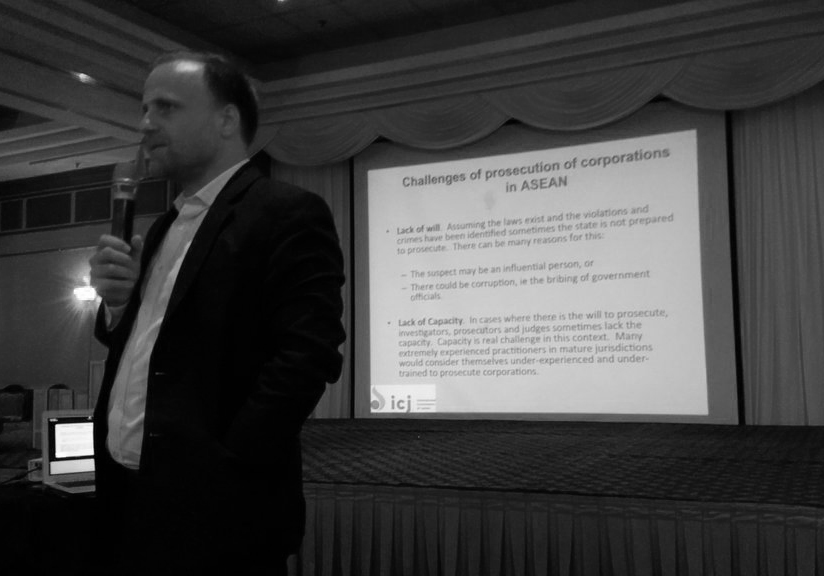
May 13, 2016 | Uncategorized
The workshop, held in Yangon on 12-13 May, brought together lawyers and activists from Cambodia, Laos, Myanmar, Thailand and the Philippines to share experience and best practice on access to remedy in the area of business and human rights.
“The ASEAN Economic Community and economic growth in Southeast Asia have not occurred with corresponding improvement in human rights,” said Carlos Lopez, ICJ Senior Legal Adviser on Business and Human Rights.
“The ICJ has identified supporting the right to a remedy as a key factor in ensuring that regional economic growth does not come at the expense of rights,” he added.
The Yangon workshop was designed to promote regional networking and sharing of experiences. In particular, participants discussed how to use strategic litigation to change a culture of impunity in South East Asia.
Strategic litigation can bring about significant changes in the law, practice or public awareness via taking carefully selected cases to court.
The clients involved in strategic litigation have been victims of human rights abuses that are suffered by many other people.
But strategic litigation does not happen entirely in the courts. Successful litigation will include social mobilization, awareness-raising, and skillful use of media.
Lawyers shared case studies revealing human rights abuses committed by business enterprises, fuelled by rapid, unregulated investment.
Unresolved and endemic disputes over land in Cambodia, Laos and Myanmar have given rise to human rights abuses and even conflict.
Illegal labour practices and the plight of migrant workers highlight the legal difficulty of prosecuting companies that operate in multiple jurisdictions.
Many of the abuses discussed concern the rights of communities, often the most marginalized.
Retaliation against communities and their lawyers for opposing development projects is common.
They fear legal action, intimidation and violence as a result of asserting human rights.
The workshop made clear that ASEAN states are not fulfilling their responsibility to protect human rights and are not providing adequate remedy for abuses by corporations.
“Despite diverse legal and political systems, the challenges facing these lawyers are strikingly similar,” said Daniel Aguirre, ICJ International Legal Adviser based in Yangon. “Protective laws are unimplemented in practice, individuals and communities lack effective access to remedy and they are often persecuted for asserting their human rights.”
Aside from outlining their important cases, participants at the workshop explained the strategies employed to affect change.
They discussed social mobilization and marches in the Philippines, the promotion of local culture and the use of media in Thailand, the engagement of civil society with lawyers in Cambodia and the struggle for land rights in Myanmar and Laos.
Participants took advantage of simultaneous translation to compare approaches.
Many participants pointed to a culture of impunity, where business activities often went unregulated, and corrupt authorities failed to implement and enforce laws.
Lawyers explained the difficulty of collecting evidence when so few locals were aware of the law and their human rights.
Moreover, crimes of a transnational nature present additional challenges, as people from different languages, cultures and legal systems must cooperate to enforce laws.
Underpinning all of these problems is the lack of independent judiciaries. “The lawyers all agreed that access to remedy is undermined by partial authorities that lack independence,” said Aguirre. “Even if they manage to get to trial, the courts are not always independent, impartial and competent.”
Contact:
Daniel Aguirre, ICJ International Legal Adviser, Yangon. daniel.aguirre(a)icj.org
Carlos Lopez, ICJ Senior Legal Adviser on Business and Human Rights, Geneva. carlos.lopez(a)icj.org





